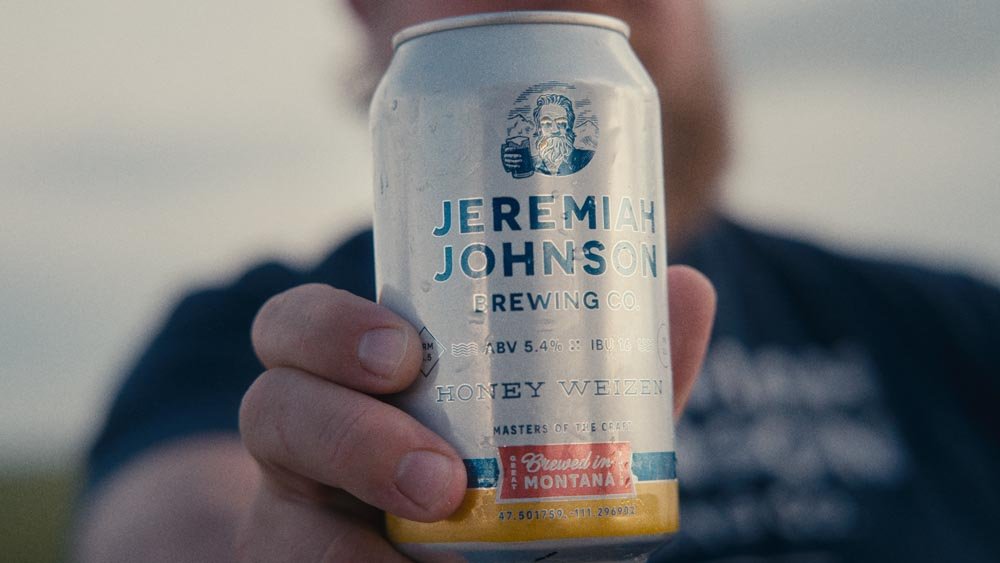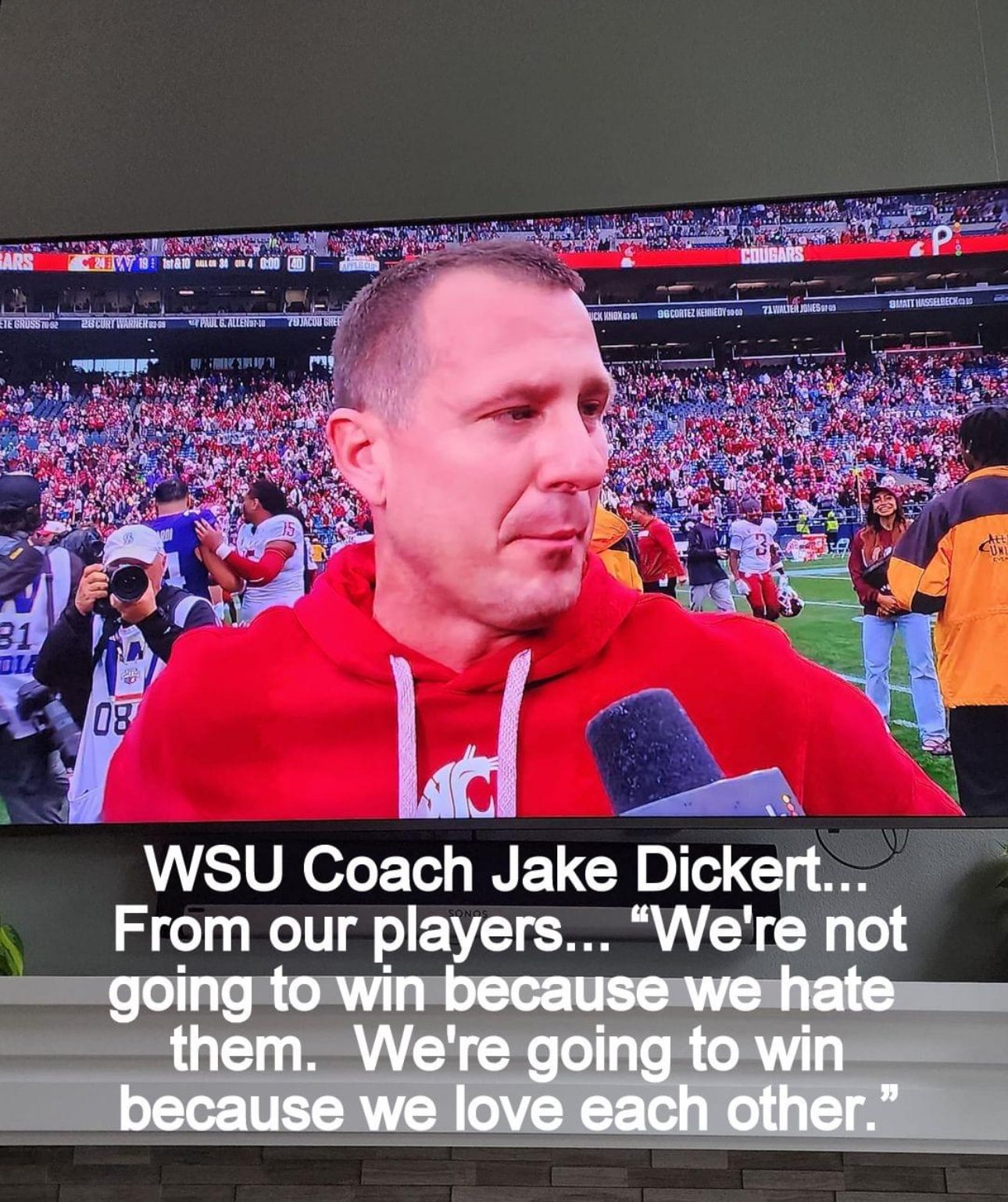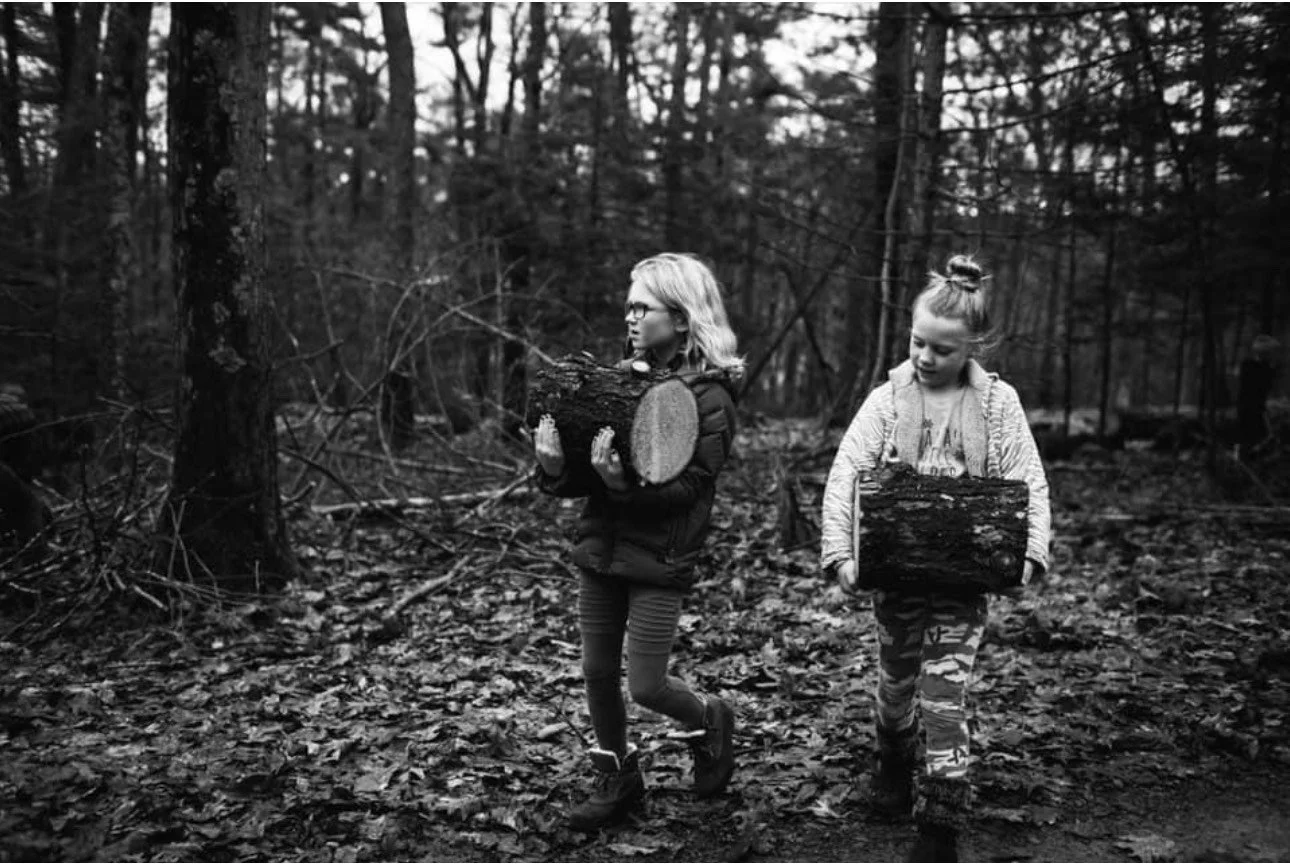@https://jjbrew.com/
Two moments have been sitting with me. They don’t seem connected at first, but together they’ve been teaching me the same lesson.
I had a conversation with Jeremiah Johnson the other day, and he told me that when big brewing companies hit hard times, they try to reinvent - new labels, new flavors, new promotions. Smaller breweries don’t have that option. When things get tough for them, they strip away the noise and return to who they are. They refine down to identity. They do their job, and they do it well. That faithfulness is often what helps them weather the storm.
Around the same time, I watched a clip of the Jacksonville Jaguars’ coach interacting with a reporter. As a journalist, her job was to ask hard questions and stay professional and distant. Instead, she took 27 seconds to affirm him - to acknowledge his effort, to say his work mattered, to tell him to keep his head up. She applauded his season and encouraged what was ahead.
And every time I watch it, or even talk about it, I tear up. Honestly.
Because in that moment, she chose to ignore her job description and elevate her responsibility as a human. Instead of doing her actual job, she did her real job. She saw the person, and that trumped everything else.
She chose affirmation. Kindness. She understood her role, her influence, and the responsibility of the moment, and chose to use it to encourage him. And I just friggen love that.
When life is frustrating, overwhelming, or disappointing - when work, relationships, or life itself feels heavy - my instinct is often to look for something new. A new plan. A new fix. A quicker solution. But more often than not, the better answer isn’t reaching outward.
It’s digging inward.
Returning to what I know to be true, not what I feel or fear.
Leaning into what is right, not what is flashy or enticing.
Standing on core beliefs - choosing to do what is right rather than fighting to be right.
Somewhere along the way, we start believing our job is the task, the metrics, the outcomes. That the goal matters more than how we do the work, or why we chose it in the first place.
But our real job is deeper than that.
Our real job is to be human.
To be kind.
To inspire and encourage.
To love our neighbor, support one another, and - whenever possible - make the world just a little bit softer.
Sometimes the bravest and best thing we can do - especially when times are hard - is return to the core.
A quality “No Nonsense” beer.
A sincere affirmation.
And the continued choice to do the larger, more important job - to be kind.
That’s what I’ve been thinking about lately.




















